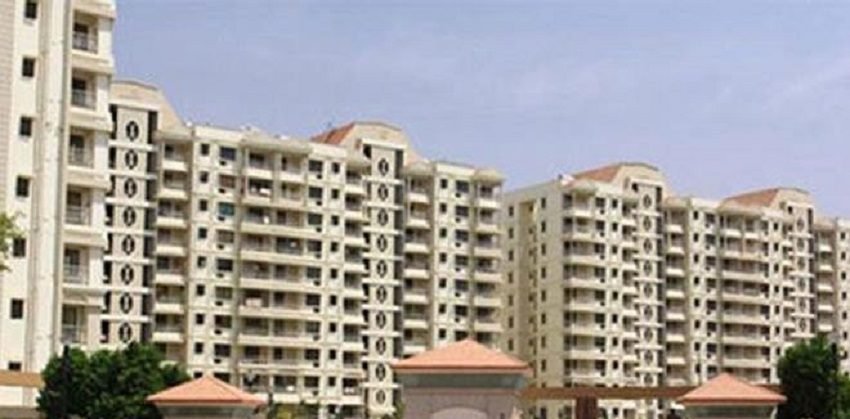
The real estate sector is likely to do well in 2018 because of all the policy initiatives that were taken by the Modi government in 2016 and 2017.
Real estate is one of the most dynamic sectors. It is the second largest employer in India after agriculture. The year 2017 brought some good as well as bad news for the sector. It saw the biggest changes in decades, especially on the policy front. Some of the biggest game-changing policies like GST and RERA cleared hurdles and were finally implemented. Demonetization with Benami transaction law also had its impact on the sector.
The Government of India enacted RERA (Real Estate Regularity Act) on 26th March 2016, which was finally implemented on May 1, 2017. The main motive of the Act was to bring transparency and accountability in the real estate sector. RERA seeks to protect the interests of home buyers and also boost investments in the real estate sector. Under the Act, real estate agents, who also fall under its ambit, are still in the process of registering themselves. Several states still need to notify the rules under the Act and most importantly for buyers, developers/promoters need to register their projects under RERA. In future the sector will be more streamlined because of the Act. RERA can be considered as a catalyst for REITs as well. REIT has been set up to boost investment in commercial real estate market in India. Hence, in order to bring in more domestic and foreign investors on board, it is imperative to regularize the sector and eradicate as many risks as possible, which RERA is expected to accomplish.
The Goods and Services Tax (GST) intended to replace multiple levels of taxation. The construction of a civil structure, complex building or a part thereof, projected for sale to a buyer, totally or partially, is subject to 12 % tax with full input tax credit (ITC), subject to no refund in case of overflow of ITC. In a layman’s language, it can be explained that the residential construction services will invite GST at the rate of 12 %, which will apply to developers selling residential units before completion of construction to the home buyers.
Demonetization proved to be beneficial for the real estate sector. The Modi government’s move was expected to impact primary market sales, but had a larger impact on secondary market transactions, luxury segment and land deals. The beginning of 2017 saw buyer sentiment improve with encouraging budgetary reforms. Hence, it can be said that demonetization proved to be a blessing for the real estate sector.
Now real estate is likely to do well in 2018 because of all the policy initiatives that were taken by the Modi government in 2016 and 2017. With the completion of the existing projects, developers are expected to increase the supply of projects this year. Rationalization of GST rate from the present 12% to 6% is also expected this year. Stamp duty may also be brought under the ambit of GST. The sector needs to be allotted infrastructure status, which will benefit real estate in getting funds at lower interest rates. The sector is also expecting reforms in land acquisition, which will be helpful in the growth of affordable housing. The fraternity wants the government to focus on land rate also, which is very high. Lowering the land rate will be beneficial in launching new projects and in quick delivery of projects.
source: financialexpress

